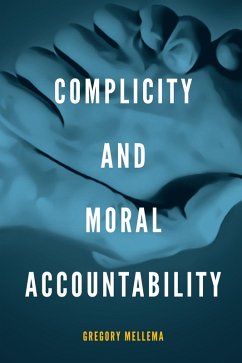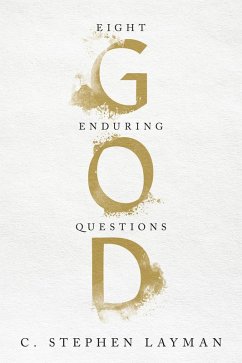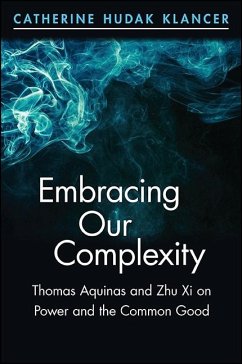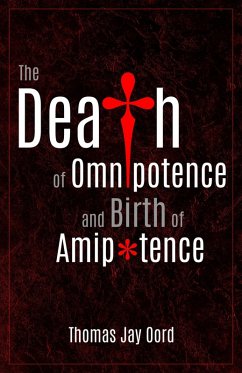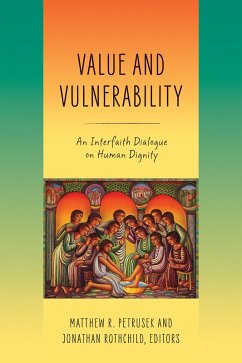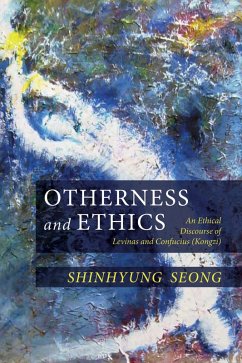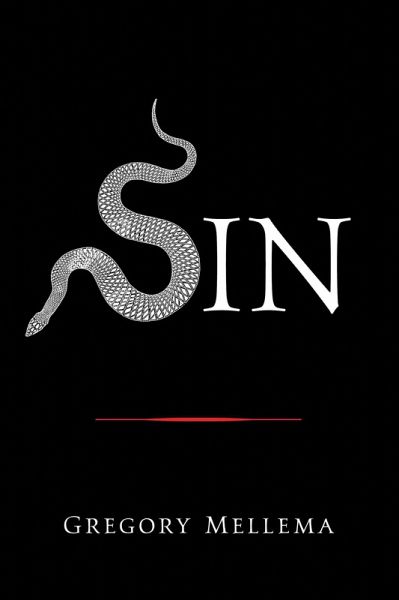
Sin (eBook, ePUB)
Versandkostenfrei!
Sofort per Download lieferbar
18,95 €
inkl. MwSt.
Weitere Ausgaben:

PAYBACK Punkte
9 °P sammeln!
This book brings clarification to our understanding of the nature of sin and will be of interest to nonphilosophers as well as philosophers.Most of the scholarly literature on sin has focused on theological issues, making book-length philosophical treatments of the topic hard to find. Sin, the newest contribution by Gregory Mellema, fills the gap by providing a short and lively summary of what contemporary philosophers are saying about the relationship between the traditional theological category of sin and contemporary philosophical ethics. Mellema brings together contributions by a number of...
This book brings clarification to our understanding of the nature of sin and will be of interest to nonphilosophers as well as philosophers.
Most of the scholarly literature on sin has focused on theological issues, making book-length philosophical treatments of the topic hard to find. Sin, the newest contribution by Gregory Mellema, fills the gap by providing a short and lively summary of what contemporary philosophers are saying about the relationship between the traditional theological category of sin and contemporary philosophical ethics. Mellema brings together contributions by a number of philosophers, including Marilyn Adams, Robert Adams, Rebecca DeYoung, Alvin Plantinga, Michael Rea, Eleonore Stump, and Richard Swinburne, into a coherent discussion that clarifies our understanding of the nature of sin. The topics covered include the doctrine of original sin, accessory sins, mortal (or cardinal) sins, and venial sins. Mellema also examines Islamic codes of ethics, which include a category of acts that are "discouraged," some of which qualify as sins, and the final chapter surveys the teachings of six major world religions concerning sin. The overarching link between the chapters is that sin is fundamentally connected to the subject matter of morality. Analyzing the points of connection is profitable not just to enhance our theoretical understanding of sin but to provide a greater depth of knowledge as to how the moral choices we make can more effectively help us avoid sin and contribute to lives that are satisfying and authentically worthwhile. This concise introduction to sin and moral wrongdoing will have a wide readership and is intended for use in introductory level philosophy, philosophy of religion, or theological ethics courses.
Most of the scholarly literature on sin has focused on theological issues, making book-length philosophical treatments of the topic hard to find. Sin, the newest contribution by Gregory Mellema, fills the gap by providing a short and lively summary of what contemporary philosophers are saying about the relationship between the traditional theological category of sin and contemporary philosophical ethics. Mellema brings together contributions by a number of philosophers, including Marilyn Adams, Robert Adams, Rebecca DeYoung, Alvin Plantinga, Michael Rea, Eleonore Stump, and Richard Swinburne, into a coherent discussion that clarifies our understanding of the nature of sin. The topics covered include the doctrine of original sin, accessory sins, mortal (or cardinal) sins, and venial sins. Mellema also examines Islamic codes of ethics, which include a category of acts that are "discouraged," some of which qualify as sins, and the final chapter surveys the teachings of six major world religions concerning sin. The overarching link between the chapters is that sin is fundamentally connected to the subject matter of morality. Analyzing the points of connection is profitable not just to enhance our theoretical understanding of sin but to provide a greater depth of knowledge as to how the moral choices we make can more effectively help us avoid sin and contribute to lives that are satisfying and authentically worthwhile. This concise introduction to sin and moral wrongdoing will have a wide readership and is intended for use in introductory level philosophy, philosophy of religion, or theological ethics courses.
Dieser Download kann aus rechtlichen Gründen nur mit Rechnungsadresse in A, D ausgeliefert werden.




